SESSIONS AT SYMPOSIUM 2014
In the afternoon of the Symposium, T-Systems Hungary, its main clients and the companies of its partnership ecosystem will be waiting you with lectures by specialists in 12 thematic sessions. This year the individual sessions will focus on solutions that determine corporate competitiveness and operational efficiency, but the technological achievements of T-Systems Hungary and its partners will also be presented in relation to the individual megatrends.
Learn more about our sessions!
Digital City Session
The significance of smart solutions increases in the life of cities, as in addition to community operation they may have an outstanding role in improving the competitiveness of local businesses. This year’s Digital City session of the Symposium will focus on solutions that support the improvement of city organisation and operational efficiency.
Interview with director Szilárd Gombos (Strategic Presales)
Interview with director Szilárd Gombos (Strategic Presales)
What technological trends do you experience in your specialisation? What will the future bring?
Urbanisation shows an accelerating trend all over the world. By now more than half of the world’s population and 65% of the Hungarians live in cities, and by 2030 the number of city dwellers may increase to 5 billion. Consequently, the adequately efficient city organisation and city operation poses an increasing challenge. In the more and more crowded urban environment, the maintenance of healthcare and environment protection, and the creation and development of competitive infrastructure are indispensable, however, they also entail as-yet-unknown challenges.
Innovative companies, research institutions and people prefer to move to liveable, well organised cities, as the immediate business environment is favourable for the improvement of business competitiveness. Locations compete one another globally, on a European level and within Hungary, too: wherever profitable businesses and the knowledge capital settles, tax and local council service revenues are generated that can be used for urbanisation.
How can one get prepared for facing trend-like changes?
One must clearly see the main problems and challenges, and alternative solutions must be elaborated in a complex, forward-looking approach. We need to have a broad view of things, as the challenges are new, so the solutions and business models given in response must also be new.
All this indispensably requires that our users, in other words, the population and the businesses, be well-informed, competent and open-minded. One of the preconditions of success is the spread of digital literacy and the improvement of the ICT competences of the population. For this reason, substantial care needs to be taken to teach these skills. Digital literacy and the ICT solutions of a digital city mutually strengthen each other in the way synergies do.
In its Partnership Agreement concluded with the Government of Hungary for the implementation of Digital Hungary, Magyar Telekom Nyrt committed itself to continue its trailblazing activity in spreading the everyday use of IT and telecommunication technologies, in the promotion of digital literacy, and in the improvement of the competitiveness of communities and the country. This is the field where we can also assist our local council customers: in rising among the participants that predominate digital city trends, among the forerunners.
Overall, a well-built ICT infrastructure with the related services, the high-standard digital competences of the population and falling costs can significantly improve the quality of life, which may also make the particular location appealing to external investors.
What solutions can be used in your specialisation to optimise the operation of a company or an institution?
Modern ICT technologies and services have created the opportunity for the organisation of life in a city on a new basis, including a vast ranges of systems from public services through urban mobility, healthcare, education and commerce down to supporting self-organising local communities. ICT may affect nearly any area of urban and suburban life, however, it is important to elaborate the appropriate solution in each case with the cooperation of the particular city’s population and leadership and with consideration to the peculiarities and requirements of the city or town.
In larger cities with multimodal mobility, for example, a transport telematic system may be extremely useful. Traffic management and passenger information systems based on real-time data, and the related electronic ticket and pass systems improve the cost-efficiency of the operation of community transport service providers while also considerably raising the standard of travelling.
Smart solutions may also result in lower costs. For instance, the setting up of a smart public lighting system may save several times ten per cents immediately. In other public utility areas (waste management, energy management, monitoring water, air and noise pollution) we can also assist the city management in the creation of new technological bases. Every location is interested in the improvement of its security. In order to improve urban and transport security, complex city area and traffic monitoring systems can be built, which may also include smart transport monitoring solutions.
With the help of mobile purses or community cards, a wide range of services are accessible in a convenient, cashless manner. By application of a single device, the system allows the use various community services (for example transport, public administration, access control, fan card etc.) in a simple and practical manner.
Backed by ICT, city leaders can more actively involve the population and businesses in the local decisions that affect public matters. In addition to all these, significant operational costs can be saved for the local council if the IT environment is modernised and processes are streamlined.
To sum it up: the creation and use of the ICT infrastructure and the smart solutions are no longer objectives, but indispensable means and catalysts in most areas of work – from industry through education to agriculture – in everyday life. Through these things the efficiency of the city as a system, and within that, companies, institutions and ultimately people, and consequently, their labour market position, income and living standards will also improve And the success of individuals provide the basis of the society’s sustainable development and operation.
Urbanisation shows an accelerating trend all over the world. By now more than half of the world’s population and 65% of the Hungarians live in cities, and by 2030 the number of city dwellers may increase to 5 billion. Consequently, the adequately efficient city organisation and city operation poses an increasing challenge. In the more and more crowded urban environment, the maintenance of healthcare and environment protection, and the creation and development of competitive infrastructure are indispensable, however, they also entail as-yet-unknown challenges.
Innovative companies, research institutions and people prefer to move to liveable, well organised cities, as the immediate business environment is favourable for the improvement of business competitiveness. Locations compete one another globally, on a European level and within Hungary, too: wherever profitable businesses and the knowledge capital settles, tax and local council service revenues are generated that can be used for urbanisation.
How can one get prepared for facing trend-like changes?
One must clearly see the main problems and challenges, and alternative solutions must be elaborated in a complex, forward-looking approach. We need to have a broad view of things, as the challenges are new, so the solutions and business models given in response must also be new.
All this indispensably requires that our users, in other words, the population and the businesses, be well-informed, competent and open-minded. One of the preconditions of success is the spread of digital literacy and the improvement of the ICT competences of the population. For this reason, substantial care needs to be taken to teach these skills. Digital literacy and the ICT solutions of a digital city mutually strengthen each other in the way synergies do.
In its Partnership Agreement concluded with the Government of Hungary for the implementation of Digital Hungary, Magyar Telekom Nyrt committed itself to continue its trailblazing activity in spreading the everyday use of IT and telecommunication technologies, in the promotion of digital literacy, and in the improvement of the competitiveness of communities and the country. This is the field where we can also assist our local council customers: in rising among the participants that predominate digital city trends, among the forerunners.
Overall, a well-built ICT infrastructure with the related services, the high-standard digital competences of the population and falling costs can significantly improve the quality of life, which may also make the particular location appealing to external investors.
What solutions can be used in your specialisation to optimise the operation of a company or an institution?
Modern ICT technologies and services have created the opportunity for the organisation of life in a city on a new basis, including a vast ranges of systems from public services through urban mobility, healthcare, education and commerce down to supporting self-organising local communities. ICT may affect nearly any area of urban and suburban life, however, it is important to elaborate the appropriate solution in each case with the cooperation of the particular city’s population and leadership and with consideration to the peculiarities and requirements of the city or town.
In larger cities with multimodal mobility, for example, a transport telematic system may be extremely useful. Traffic management and passenger information systems based on real-time data, and the related electronic ticket and pass systems improve the cost-efficiency of the operation of community transport service providers while also considerably raising the standard of travelling.
Smart solutions may also result in lower costs. For instance, the setting up of a smart public lighting system may save several times ten per cents immediately. In other public utility areas (waste management, energy management, monitoring water, air and noise pollution) we can also assist the city management in the creation of new technological bases. Every location is interested in the improvement of its security. In order to improve urban and transport security, complex city area and traffic monitoring systems can be built, which may also include smart transport monitoring solutions.
With the help of mobile purses or community cards, a wide range of services are accessible in a convenient, cashless manner. By application of a single device, the system allows the use various community services (for example transport, public administration, access control, fan card etc.) in a simple and practical manner.
Backed by ICT, city leaders can more actively involve the population and businesses in the local decisions that affect public matters. In addition to all these, significant operational costs can be saved for the local council if the IT environment is modernised and processes are streamlined.
To sum it up: the creation and use of the ICT infrastructure and the smart solutions are no longer objectives, but indispensable means and catalysts in most areas of work – from industry through education to agriculture – in everyday life. Through these things the efficiency of the city as a system, and within that, companies, institutions and ultimately people, and consequently, their labour market position, income and living standards will also improve And the success of individuals provide the basis of the society’s sustainable development and operation.
Back
Sympo2014logo
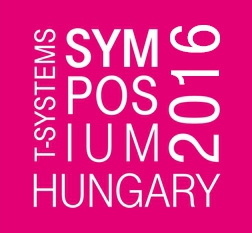
Event Partners
Diamond level partner

Emphasized technological partner

Gold level partners
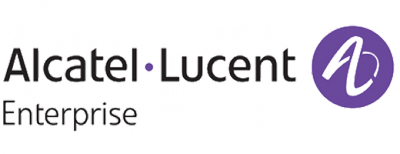


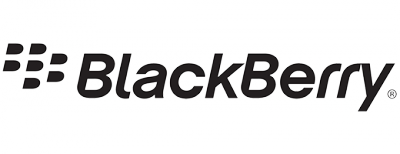

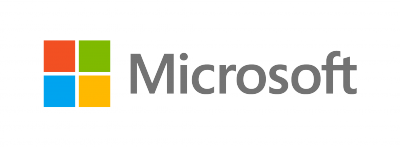


Emphasized international partner
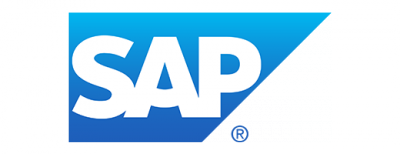
Silver level partners
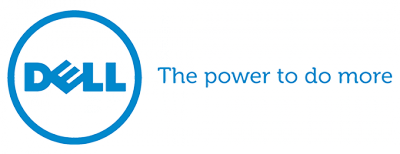
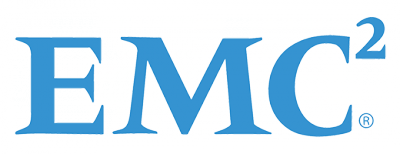
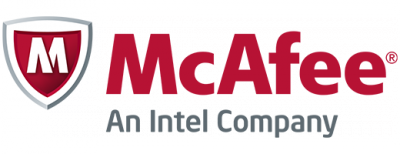
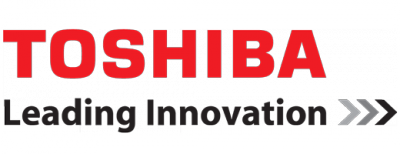
Professional partner
Professional partner

Collaborator partners
Collaborator partners
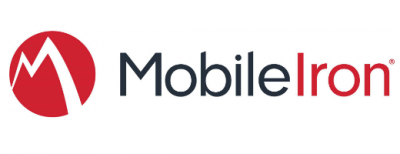

Strategic media partners
Media partners








